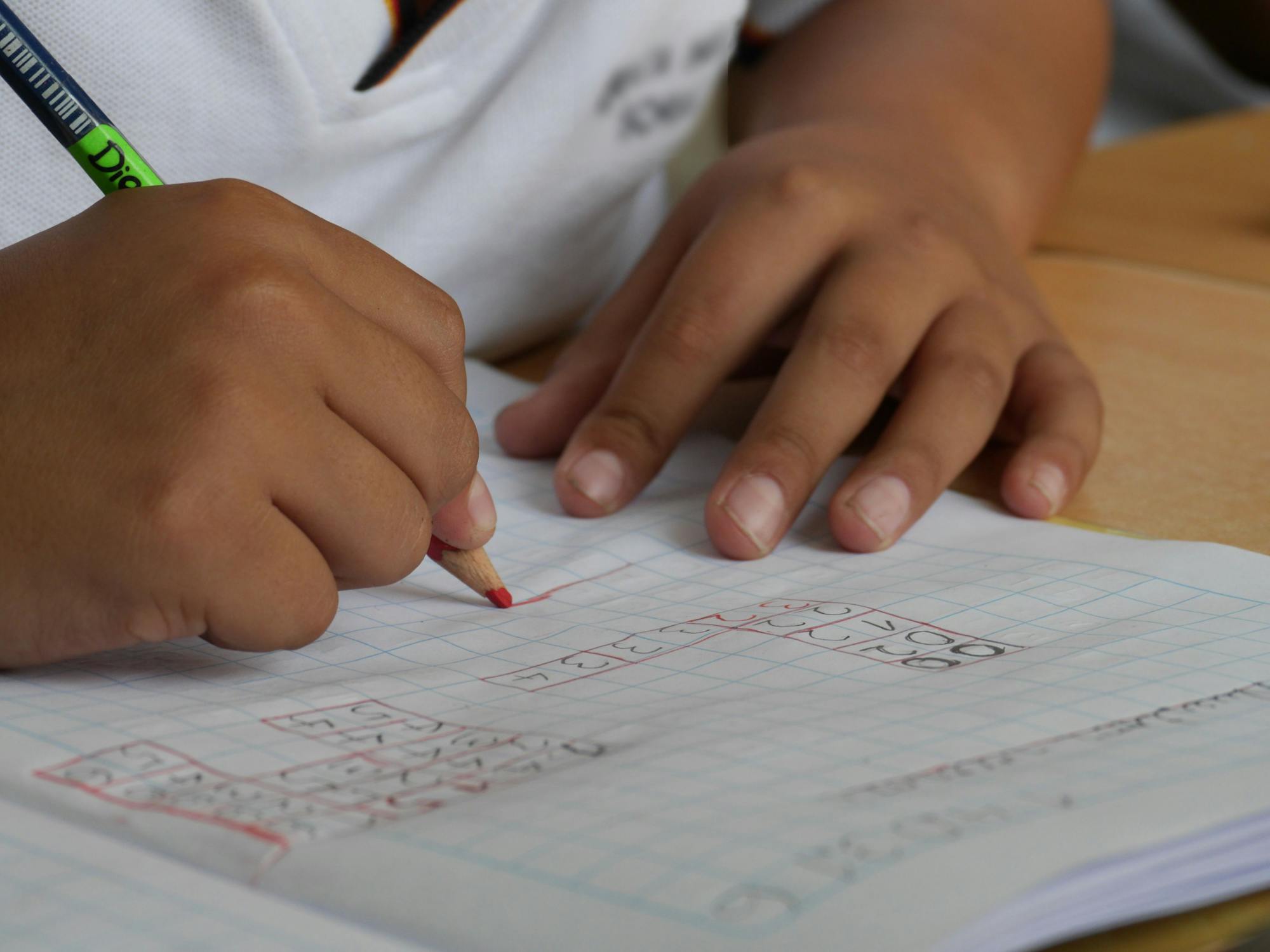Freed Boko Haram captives need urgent support, says Borno govt
Lawan Abba Wakilbe, the Borno Commissioner for Education, Science, Technology, and Innovation, has advocated urgent intervention to empower freed Boko Haram captives, to enhance their economic and social protection.
Wakilbe stated this during a courtesy visit by Hamsatu Allamin, Chief Executive Officer of the Allamin Foundation for Peace, on Friday in Maiduguri.
He said the call was imperative to fast-track support and integration of the victims into society, to enable them to resume normal life.
The commissioner lamented that some of the freed victims were exposed to sexual abuse due to their vulnerability, poverty and lack of support.
“I recently encountered an 11-year-old girl surrounded by three children. It was heartbreaking.
“The Cameroonian authorities repatriated young girls aged 13 to 15 with multiple children.
“These vulnerable individuals need urgent reintegration and support,” he said, adding that the spate of sexual abuse could be attributed to poverty and lack of viable alternatives for survival.
He also called for the establishment of Technical, Vocational Education and Training (TVET) centres in border communities like Bama, Gwoza, and Kamburungara, to empower the resettled victims of conflict.
“We need sustainable programmes to address their vulnerability and provide alternatives. Poverty drives many of these individuals into vices like prostitution.
“Once we offer skills and support, they can rebuild their lives,” he said.
Wakilbe stressed the need to focus attention on handling conflict-affected children, noting that traditional education systems were ill-equipped to address their unique needs.
“Our education system must accommodate these children but they are not equipped to handle the specific needs of these children.
“Those children witnessed unimaginable violence, abduction and displacement which requires tailored de-radicalisation and reintegration efforts.
“We tried integrating some of these children into regular schools, but it failed. For instance, some of the Chibok girls were enrolled in secondary schools, the principals reported that they could not handle the unique needs of these children.
“We had to transfer them to special programmes like Second Chance schools,” he said.
According to Walkibe, the lack of long-term planning in addressing the education needs of the conflict-affected children has been a key concern, adding that donor agencies implemented programmes that failed to meet their immediate needs.
He said that teaching local languages like Hausa in areas where Kanuri was dominant missed the point, and stressed the need to focus on teaching in the English Language, to ensure that the children adapt to modern education.
The commissioner noted that some donor-funded programmes failed to address the immediate needs of the region, and urged them to prioritise capacity building for educators and implement viable long-term solutions for conflict-affected persons.
“There are 67,000 women and children in the camps. We cannot continue turning a blind eye. We must rethink how to educate and reintegrate them.
“We need centres to teach skills and provide start-up packs for these girls. Poverty drives them into vices, but with alternatives, they can rebuild their lives,” he said.
He said the state government had trained over 300 women in vocational skills and distributed start-up packs, to enable them to become self-reliant.
Wakilbe reiterated the government’s commitment to partner with development organisations and agencies, to address problems affecting victims of the conflict.
In her remarks, Allamin called for interventions to address critical issues identified during the peace-building programme initiated by the organisation.
She said the organisation identified serious issues that required immediate, proactive and sustainable interventions to address.
Allamin said the foundation had rehabilitated hundreds of women and girls involved in the insurgency under its Community-based De-radicalisation of Women and Girls in the state.
She said the de-radicalised women had encouraged their peers in the bush to surrender to the authorities.
Disclaimer: The information contained in this content is for general purpose only and is generated from different sources other than MenBills Colony. Kindly report any fake news or false statement to support@menbills.com.ng












Desire
on “He is a proper entertainer, love it” – Checkout top 10 dancing video of Osun governor Ademola Adeleke that will make your weekend (Video)
11-01-2025 10:32:19am
Samuel4
on ”It’s amazing how few years can make a difference in a persons life, congratulations to him” – Rapper Zlatan Ibile gifts himself a brand new customized Maybach van worth N375Million for his 30th birthday (Video)
18-12-2024 11:17:31am
tbabe28
on Mercy Aigbe loses home to fire outbreak
05-12-2024 02:44:40pm
Paramount72
on Husbands of female ministers suffer loneliness – Mike Bamiloye
29-11-2024 06:04:28pm
Samuel4
on ‘My wife was pregnant for another man inside marriage’
27-09-2024 04:43:01am
Ishiro
on ‘My wife was pregnant for another man inside marriage’
23-06-2024 11:38:24am
Ishiro
on ‘My wife was pregnant for another man inside marriage’
23-06-2024 11:38:14am
Oladunni
on ‘My wife was pregnant for another man inside marriage’
22-06-2024 04:19:58pm
Candy100
on Man who made allegations against E-Money and late Junior Pope’s wife publicly apologizes
22-06-2024 08:02:49am
Candy100
on BREAKING: Kano Govt Makes Fresh Announcement Over Emir Sanusi Amid Tussle In Kano
21-06-2024 08:15:39pm
Candy100
on 2027: Obi gives condition for merger with PDP
21-06-2024 08:10:14pm
Candy100
on Hajj: Last set of FCT pilgrims to report at camp today
21-06-2024 08:09:27pm